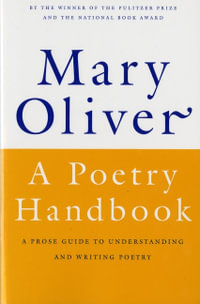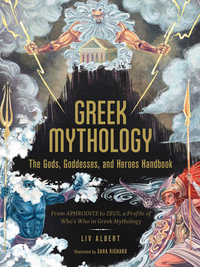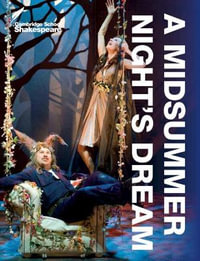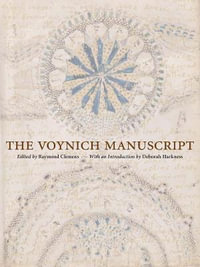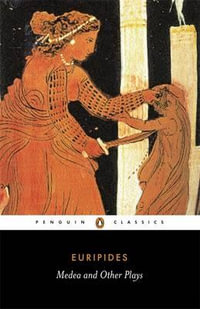This edition of The Country of the Pointed Firs makes an American classic available in the form in which it was originally published in 1896. An edition published after the author's death had incorporated three "Dunnett Landing" stories into the novel as additional chapters; these stories appear here in a seperate section, along with a fourth story belonging to this group and four more tales.The four Dunnett Landing stories are "A Dunnett Shepheress," "The Foreigner," "The Queen's Twin," and "William's Wedding"; the four additional tales are "A White Heron," "Miss Tempy's Watchers," "Martha's Lady," and "Aunt Cynthy Dallett."Here in the fictional town of Dunnett's Landing on the coast of Maine, Sarah Orne Jewett introduces people-now mostly women, as many of the town's men have been lost at sea or moved away in this era of whaling's decline-who have lived next to the sea for generations and seem to share its strength, silence and mystery. In prose of exquisite simplicity, Jewett draws a resonant portrait of people creating and tending bonds of relationship in a landscape buffetted by the forces of isolation as well as nature's severity.
Industry Reviews
A wonderful book! But too little known - always a rare personal discovery, published in 1896 and occasionally re-issued, The Country of the Pointed Firs has always been hard to track down, in England certainly. This timely re-printing gives new readers the luck of discovering what various fellow writers (Kipling, Willa Cather, Henry James among them) have rated a masterpiece. 'One evening in June a single passenger landed upon the steamboat wharf.' The narrator, a writer, has come to Dunnet, a village on the coast of Maine, for working quiet. At once we too are caught by the scene itself - the bright sun, the sparkling air, the sweet smell of herbs and grasses, but also the dark woods (those pointed firs!) the cliffs, the rocky shore, the abiding sound of wind and sea. Something of that contrast is in the people themselves, mostly solitaries - widows of seamen, seamen widowers, who live in the small white scattered cottages. A peaceful unwordly haven? Yes, but it holds strange personal tales, partly caught in haunting or teasing fragments. And the nameless visitor - listener, observer, sometimes companion on some zestful expedition - is the medium through which secrets and memories rise to the narrative surface. Thus, the book's impressive central figure Mrs Almira Todd (with whom the writer lodges), herb-gatherer and herbal healer, spirit of goodness, still feels sharp pangs, not only for her drowned young husband Nathan but for the real love of her life, prevented from marrying by his parents. 'My heart was gone out of my keeping before I ever saw Nathan, though he loved me well and made me real happy'. It was, in the narrator's words, 'an absolute archaic grief. She might have been Antigone alone on the Theban plain.' Perhaps the most memorable story comes from Captain Littlepage, a man of worn and troubled refinement, with a tale of Coleridgean awe. Wrecked in the Arctic he was given rough shelter by an old seaman, Guffett, lone survivor of a polar voyage. 'There is a strange sort of country,' Guffett told him, 'way up north beyond the ice, and strange folk living in it... Shapes of folks, all blowing grey figures.' He described how he and a fellow sailor followed one of the 'fog-shaped men... going along slow among the rocks. But Lord! he fluttered away out o' sight like a leaf the wind takes with it, or a piece of cobweb. They would make as if they talked together, but there was no sound of voices. Say what you like, 'twas a kind of waiting place between this world and the next.' Sorrow and wonder, yes. But the prevailing note of the book is one of exhilaration; each day has its bright unexpected events, and the whole, in which so much is learnt, seems part of a quest. When you end, you re-read. As a bonus, you will also find in this edition a restored lost chapter, several short stories, and the effective black-and-white pictures of an early edition. It's a treasure - not to be missed. (Kirkus UK)
![The Country of the Pointed Firs [with Biographical Introduction] - Sarah Orne Jewett](https://www.booktopia.com.au/covers/big/9780393311372/0000/the-country-of-the-pointed-firs-with-biographical-introduction-.jpg)








